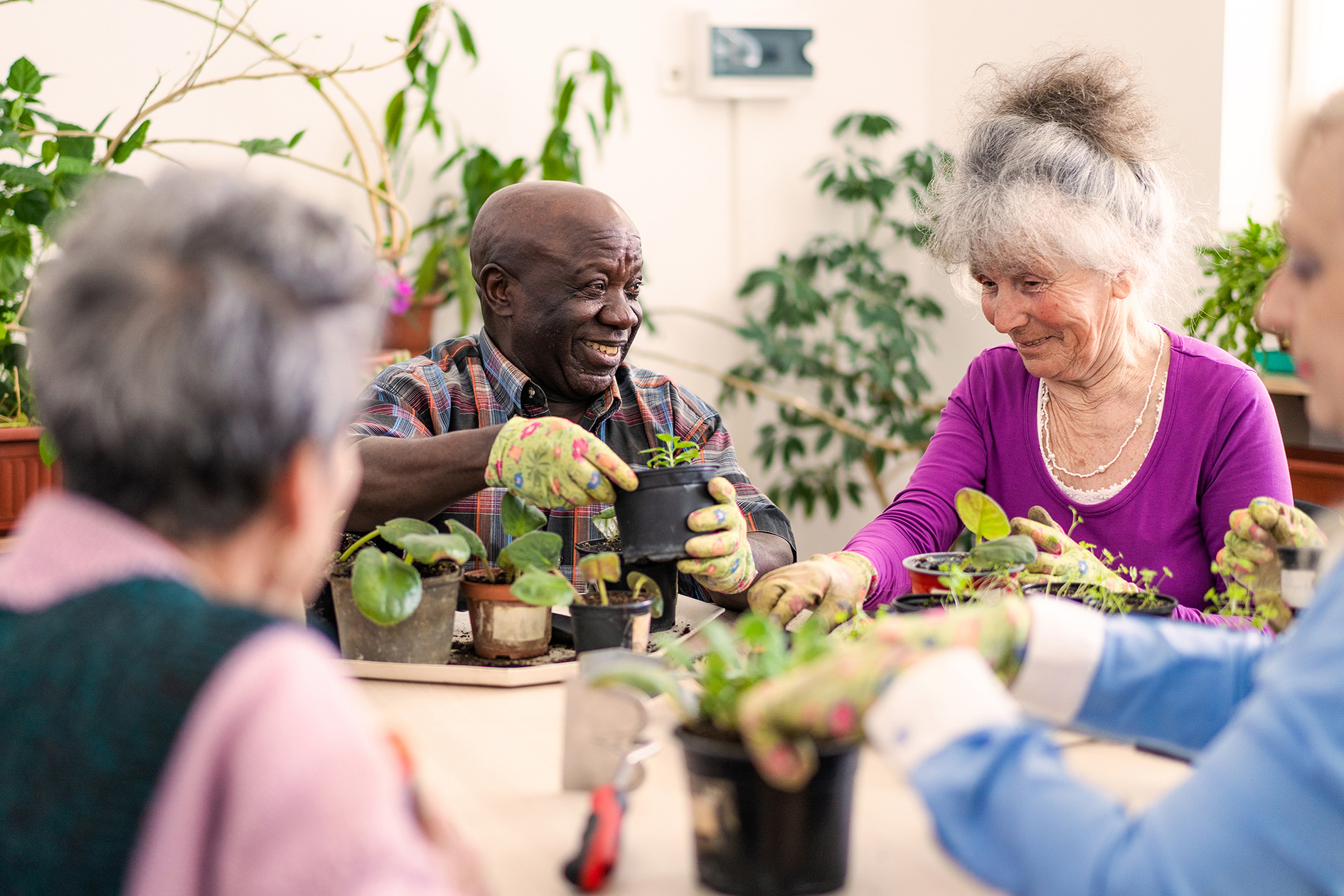
As the global population continues to age, the importance of investing in elderly care has never been more crucial. Aging is a natural process that impacts everyone, and providing adequate care and support for the elderly is not just a moral obligation but also a smart investment for the future. In this article, we will explore the reasons why investing in elderly care is essential for ensuring that seniors can age with dignity and grace.
The Growing Elderly Population
The world's population is aging rapidly, with the number of individuals aged 60 and above expected to double by 2050. This demographic shift is a result of declining birth rates and increased life expectancy, leading to an increasingly aging population. As more people enter old age, the demand for elderly care investment services will continue to rise.
Challenges Faced by the Elderly
- Physical health issues: Aging is often accompanied by various health challenges, such as chronic conditions, mobility issues, and cognitive decline.
- Social isolation: Many elderly individuals face loneliness and social isolation, which can have a negative impact on their mental and emotional well-being.
- Financial constraints: Seniors may struggle with financial difficulties, especially if they do not have adequate retirement savings or pension plans.
The Importance of Dignified Care
Investing in elderly care is not just about meeting the basic needs of seniors but also about ensuring that they are treated with respect and dignity. Dignified care for the elderly involves providing personalized support that takes into account their individual preferences, values, and autonomy.
The Benefits of Investing in Elderly Care
Enhanced Quality of Life
By investing in elderly care, we can improve the quality of life for seniors in various ways:
- Access to healthcare: Proper medical care and support can help elderly individuals manage their health conditions and maintain their well-being.
- Social engagement: Programs that promote social interaction and community involvement can help combat loneliness and isolation among seniors.
- Emotional support: Providing emotional support and counseling services can help seniors cope with the psychological challenges of aging.
Reduced Healthcare Costs
Investing in preventive care and early intervention for the elderly can lead to cost savings in the long run:
- Preventive healthcare: By addressing health issues early on, we can prevent more serious and costly medical conditions in the future.
- Reduced hospitalization: Adequate care and support can help prevent hospital admissions and reduce healthcare expenses.
- Improved medication management: Proper medication management can help prevent adverse drug interactions and complications.
The Future of Elderly Care
Innovations in Aging Services
Advancements in technology and healthcare are reshaping the landscape of elderly care:
- Telemedicine: Remote healthcare services enable seniors to access medical care and consultations from the comfort of their homes.
- Smart home technology: Home automation and monitoring systems can help seniors live independently while ensuring their safety and well-being.
- Aging-in-place solutions: Aging-in-place technologies allow seniors to age comfortably in their own homes with the necessary support services.
Policies and Advocacy
Government policies and advocacy efforts play a crucial role in ensuring that the needs of the elderly are met:
- Long-term care funding: Adequate funding for long-term care services is essential to provide quality care for seniors.
- Legal protections: Laws and regulations should safeguard the rights and interests of the elderly population.
- Community support: Building age-friendly communities that cater to the needs of seniors is essential for promoting healthy aging.
Conclusion
Investing in elderly care is not just a moral imperative but also a strategic decision that can yield significant benefits for individuals, communities, and societies as a whole. By prioritizing the well-being and dignity of seniors, we can create a future where aging is not a burden but a natural and fulfilling part of life.